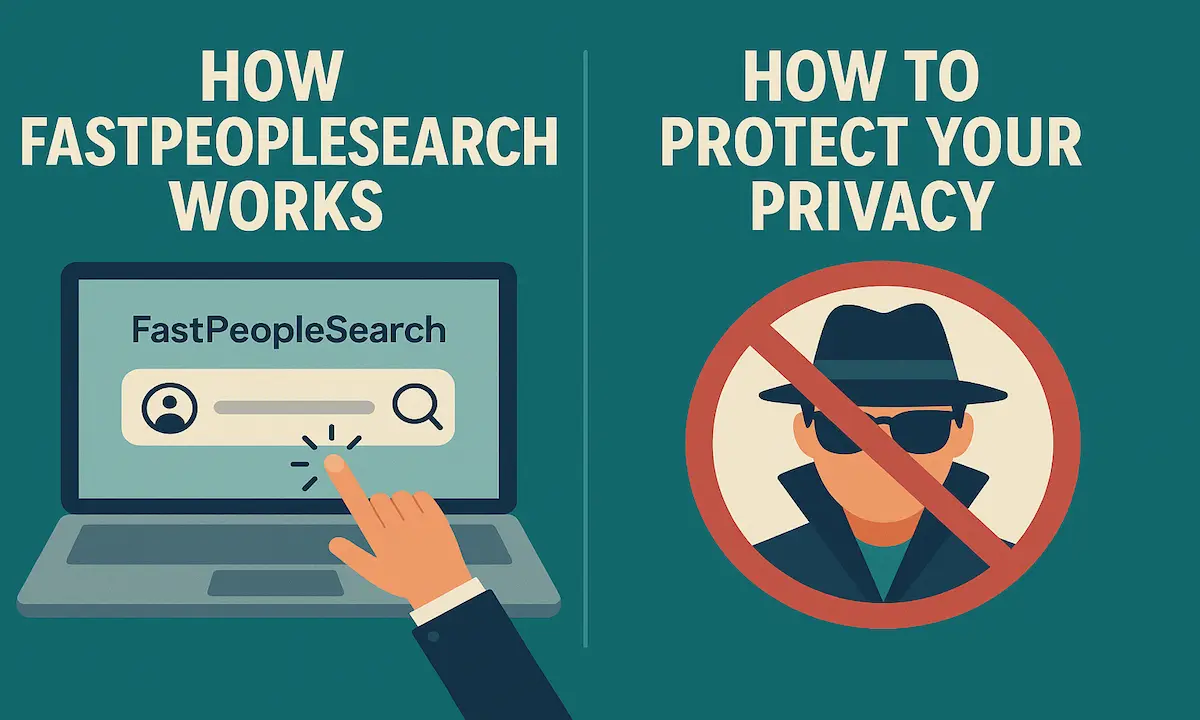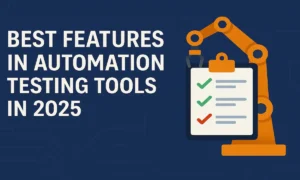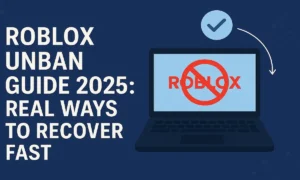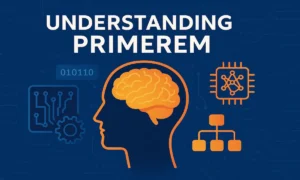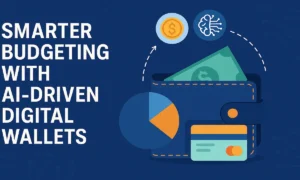In today’s digital world, personal information is more exposed than ever. Whether it’s your name, address, or phone number, a simple online search can reveal more than you think.
One of the tools enabling this visibility is FastPeopleSearch — a free, fast, and widely-used people finder platform. But how exactly does it work, where does it get your data, and more importantly, how can you protect your privacy?
This detailed guide breaks down FastPeopleSearch, explores its features and risks, and shows you exactly how to remove your information if you choose to.
Lets get started!
What is FastPeopleSearch?
FastPeopleSearch is a free online people search tool designed to help users locate individuals across the United States. It gathers publicly available data from multiple sources to create digital profiles. These profiles may include:
- Full name and age
- Current and previous addresses
- Phone numbers (mobile and landline)
- Relatives and known associates
- Email addresses
- Possible aliases
Unlike premium platforms like BeenVerified or TruthFinder, FastPeopleSearch operates at no cost to users. That accessibility has made it popular—but also controversial.
How Does FastPeopleSearch Work?
FastPeopleSearch relies on data aggregation and scraping—gathering information from public records and online sources. While it doesn’t hack into private databases, it combines publicly accessible data to create comprehensive profiles.
Primary data sources include:
| Source | Data Extracted |
|---|---|
| Public Records | Voter rolls, property ownership, court documents |
| Social Media | Usernames, photos, friend connections |
| Utility Records | Service address, billing name |
| White Pages Listings | Telephone and address directories |
| Real Estate Listings | Home values, purchase dates |
By assembling these data points, the platform offers surprisingly complete reports—despite not being a paid service.
Why Do People Use FastPeopleSearch?
The reasons are as diverse as the users themselves. Here are some of the most common:
- Reconnecting with old friends or relatives
- Online dating checks before meeting someone new
- Personal curiosity — who lives next door or used to own a property
- Unofficial background checks for tenants or contractors
Its speed and no-signup structure make it appealing, but users should remain cautious about how and why they search for others.
Is FastPeopleSearch Legal?
Yes, FastPeopleSearch is legal because it compiles only publicly available data. It does not breach any private databases or require hacking.
However, it is not Fair Credit Reporting Act (FCRA) compliant, which means you cannot legally use it for:
- Employment background checks
- Tenant screening
- Credit eligibility
- Insurance underwriting
For these purposes, you must use services like Checkr or GoodHire, which meet FCRA standards.
Is FastPeopleSearch Safe to Use?
From a technical standpoint, yes — FastPeopleSearch is safe. It does not install malware or require account creation. However, when it comes to data accuracy, there are mixed reviews.
Pros:
- Instantly provides results
- Shows multiple phone numbers and locations
- Links individuals to relatives or associates
Cons:
- Data may be outdated
- Information can be incorrectly matched
- Common names often lead to confusing overlaps
If someone has moved recently or changed numbers, the profile might be inaccurate. In some cases, users report seeing details tied to entirely different people with similar names.
What Kind of Data Can Be Found?
Here’s a breakdown of the type of personal information FastPeopleSearch may display:
| Category | Examples |
| Identity Details | Full name, age, aliases |
| Contact Info | Phone numbers, email addresses |
| Address History | Previous and current locations, move-in dates |
| Associated People | Family members, roommates, ex-partners |
| Property Records | Home values, ownership dates |
While useful, this level of data visibility can create serious privacy concerns, especially for victims of stalking or identity theft.
Why Is My Data Listed on FastPeopleSearch?
You might wonder how your information landed on a search engine you’ve never signed up for. Here’s how it happens:
- Property purchases are public record
- Voter registration data is public in many states
- Social media profiles feed into data aggregators
- Phone directories list numbers, especially landlines
- Utility services often require real name and address
In short, even without your permission, your data becomes public through everyday activities—and FastPeopleSearch pulls it all together.
How to Remove Yourself from FastPeopleSearch
Fortunately, you can opt out, but it takes a few steps.
Step-by-Step Opt-Out Process:
- Go to the FastPeopleSearch opt-out page
- Enter your name and state
- Find your record and click “Remove My Record”
- Submit a valid email address
- Confirm the removal through a verification email (check spam folder!)
- Your listing is usually removed within 7–10 business days
Pro Tip: This only removes your profile from FastPeopleSearch. You’ll need to repeat similar steps on sites like Spokeo, Whitepages, and MyLife to fully scrub your presence online.
How FastPeopleSearch Compares to Other People Finder Tools
Here’s a quick comparison:
| Platform | Free | Depth of Info | Speed | Opt-Out |
| FastPeopleSearch | Yes | High | Very Fast | Yes |
| Spokeo | Partially | High | Medium | Yes |
| TruthFinder | No | Very High | Medium | Yes |
| Whitepages | Partially | Medium | Moderate | Yes |
| BeenVerified | No | Very High | Medium | Yes |
FastPeopleSearch wins on accessibility and speed, but lacks the depth and reliability of premium services.
Should You Use FastPeopleSearch?
It depends on what you need:
Use it if:
- You’re reconnecting with someone
- You want free contact or location info
- You’re okay with limited accuracy
Avoid it if:
- You need legal-level background checks
- You’re concerned about digital privacy
- You prefer not to support data aggregation platforms
Ethically speaking, using such tools to snoop without reason raises moral questions—especially if you’re looking up someone without their knowledge or consent.
Ethical and Privacy Concerns
People finder tools like FastPeopleSearch operate in a legally gray area. Even though it’s legal, its ease of access to personal data makes many uneasy.
Consider the following:
- Should you be able to see your date’s address before the first meetup?
- Should strangers have access to your old phone numbers and homes?
- Should law enforcement use this tool unofficially?
Even after opting out, your data may still be visible in cached search results or mirror sites, making full removal nearly impossible.
How to Protect Your Online Privacy
Here are practical steps you can take today:
- Opt out of major people finder sites
- Use services like DeleteMe or Privacy Bee for automated removals
- Make social media accounts private
- Avoid entering personal details on online forms
- Use a P.O. Box instead of your residential address
- Regularly Google yourself to monitor exposure
- Use Google’s removal request tool to delist outdated pages
The Future of People Search Tools
As privacy laws like the CCPA (California) and GDPR (Europe) expand, platforms like FastPeopleSearch will face more regulatory challenges. However, in the U.S., unless federal law changes, these tools will likely continue operating with minimal restrictions.
Advocates are pushing for stronger protections, including a nationwide “right to be forgotten,” but for now, self-defense is your best option.
Final Thoughts
FastPeopleSearch offers fast, free access to public data. While useful in the right context, it also poses real privacy risks. If you’re using it, do so responsibly. If you’re listed, take control by removing your profile and protecting your information elsewhere.
In an age where your digital identity is public by default, awareness is power—and so is taking action.
Stay with us to discover more articles on sahorizon.com
FAQs
1. Is FastPeopleSearch really free?
Yes, it’s free for basic searches like name, phone number, and address. Some links may lead to paid third-party sites.
2. Where does FastPeopleSearch get my data?
From public sources: property records, voter rolls, social media, and utility listings.
3. Can I remove my info from FastPeopleSearch?
Yes. Use their opt-out page and follow the verification process. Removal usually happens within 10 days.
4. Is FastPeopleSearch legal to use for background checks?
Not for official use. It’s not FCRA-compliant, so you can’t use it for hiring, tenant screening, or credit checks.
5. How accurate is FastPeopleSearch?
It varies. Some info may be outdated or incorrectly matched, especially for common names.
